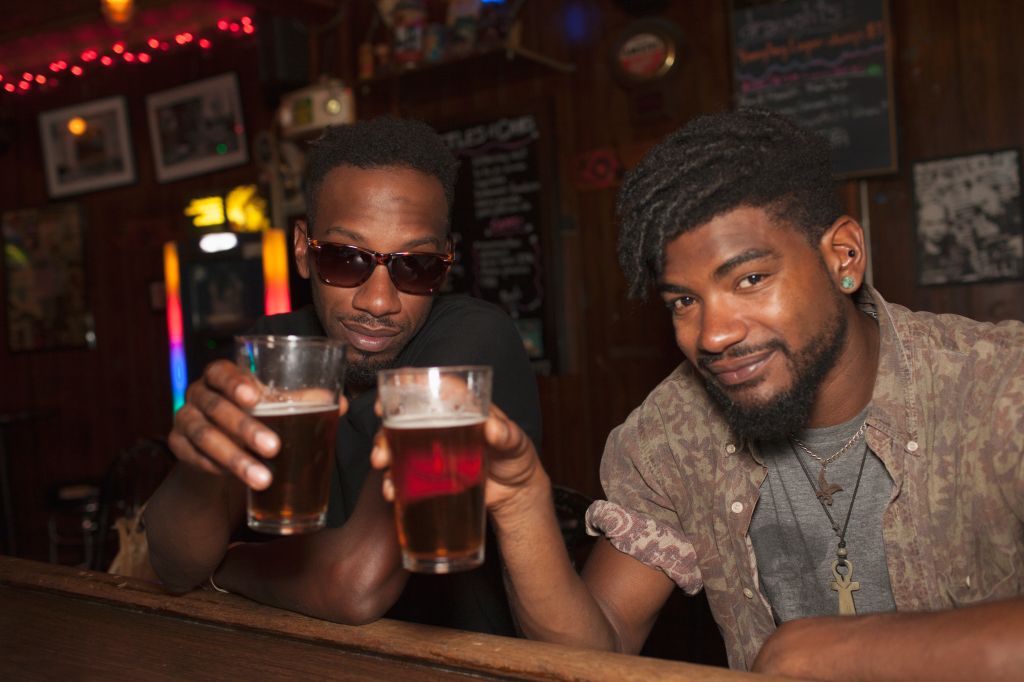
Source: HEX / Getty
H ere’s a quick history refresher: 1920 – 1933 marked a very dry time in America, or at least that was the plan. During this period, the 18th Amendment to the U.S. Constitution detailed Prohibition, which banned the sale and consumption of liquor. Citizens took matters into their own hands and began illegally smuggling liquor into the country, mainly from the Caribbean, and also brewing booze on their own turfs. This bootlegging of liquor led to a massive culture of underground drinking and the rise of speakeasies (illegal bars/nightclubs) that rapidly developed into big business.
The savvy businessmen and women who ran establishments in our communities provided employment opportunities…They were also the epicenter of social activities and entertainment.
Though criminal, bootlegging led to thriving, lucrative businesses all across America. Speakeasy owners, which included many African-Americans, amassed fortunes, particularly in cities such as New York, Detroit and Chicago, where savvy business owners capitalized on a thirsty population who also sought a seductive nightlife scene where the “who’s who”mingled in unmarked locations, shared secret passwords and indulged. By the 1930s, wealthy families like the Kennedys, Roosevelts and Churchhills were linked to huge international liquor deals, capitalizing on the demand for libations, leading many to question the true motive of The Prohibition or its end in 1933. Of course, Black and brown business owners weren’t afforded the same opportunity.
Still, the savvy businessmen and women who ran establishments in our communities provided employment opportunities and supported efforts to help Black and brown folks marginalized by racism and socio-economic disparities. They were also the epicenter of social activities and entertainment. They made it happen.
Can you imagine a time when there were no open happy hours? When kickbacks required a kickback? CASSIUS celebrates National Bootlegger’s Day by shouting out the Black-owned bars that continue the legacy of entrepreneurship, service and fun in our communities. Grab a drink at these places, or a Black-owned bar near you.
https://giphy.com/gifs/questions-espys-gBjDmBJDSLAQg
New York
Chicago
Atlanta
Washington DC
Detroit
Los Angeles
Rondel Holder knows a thing or two about grabbing a good drink. He’s a marketing executive at a prominent brand and the founder of travel site Soul Society 101.
















